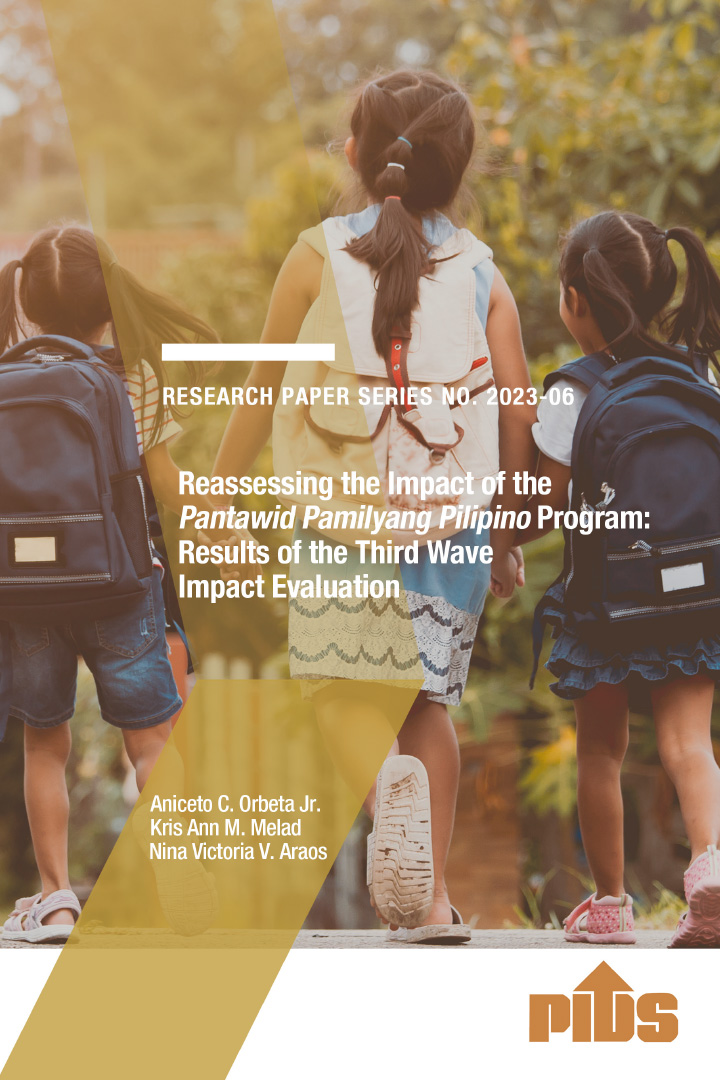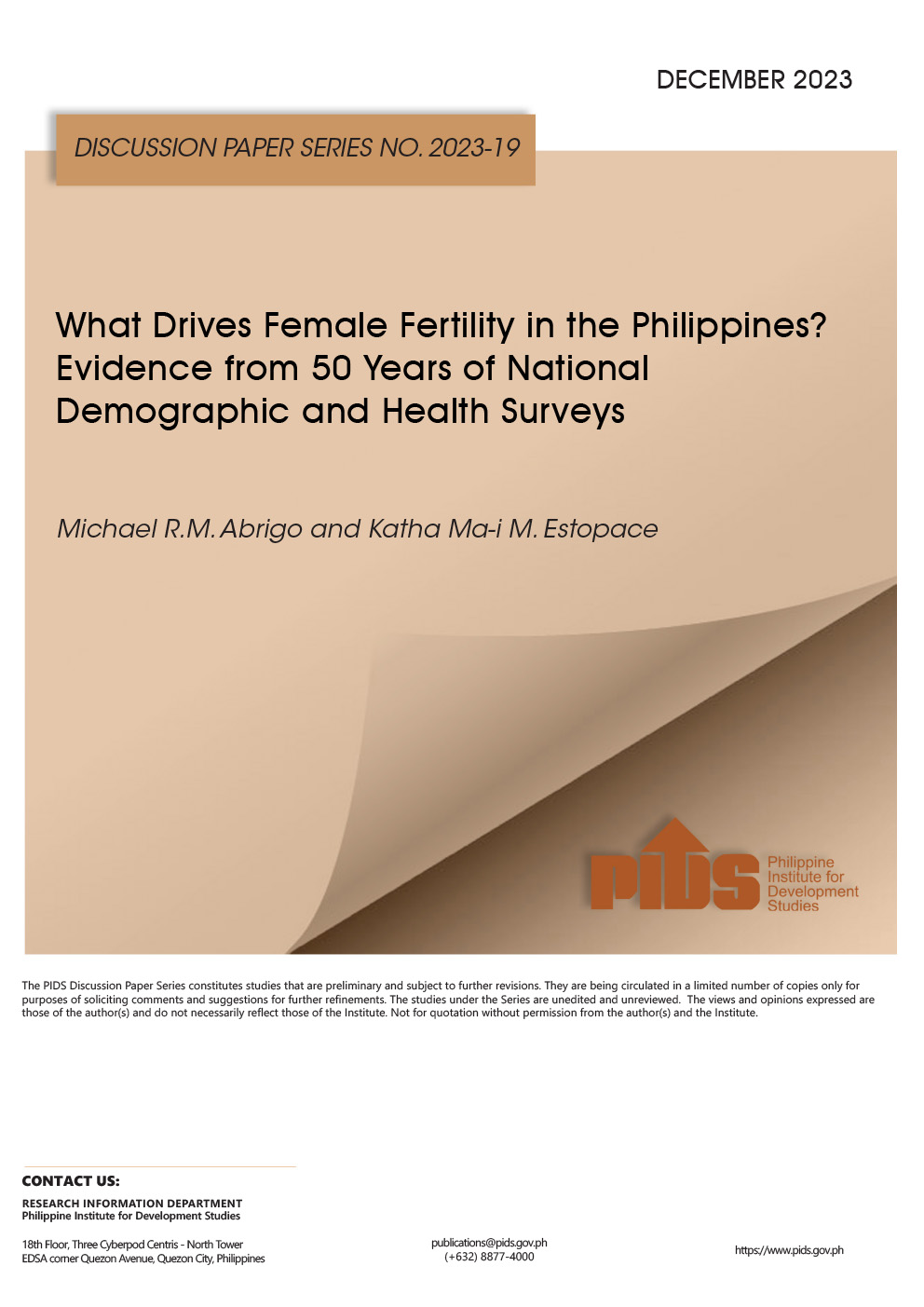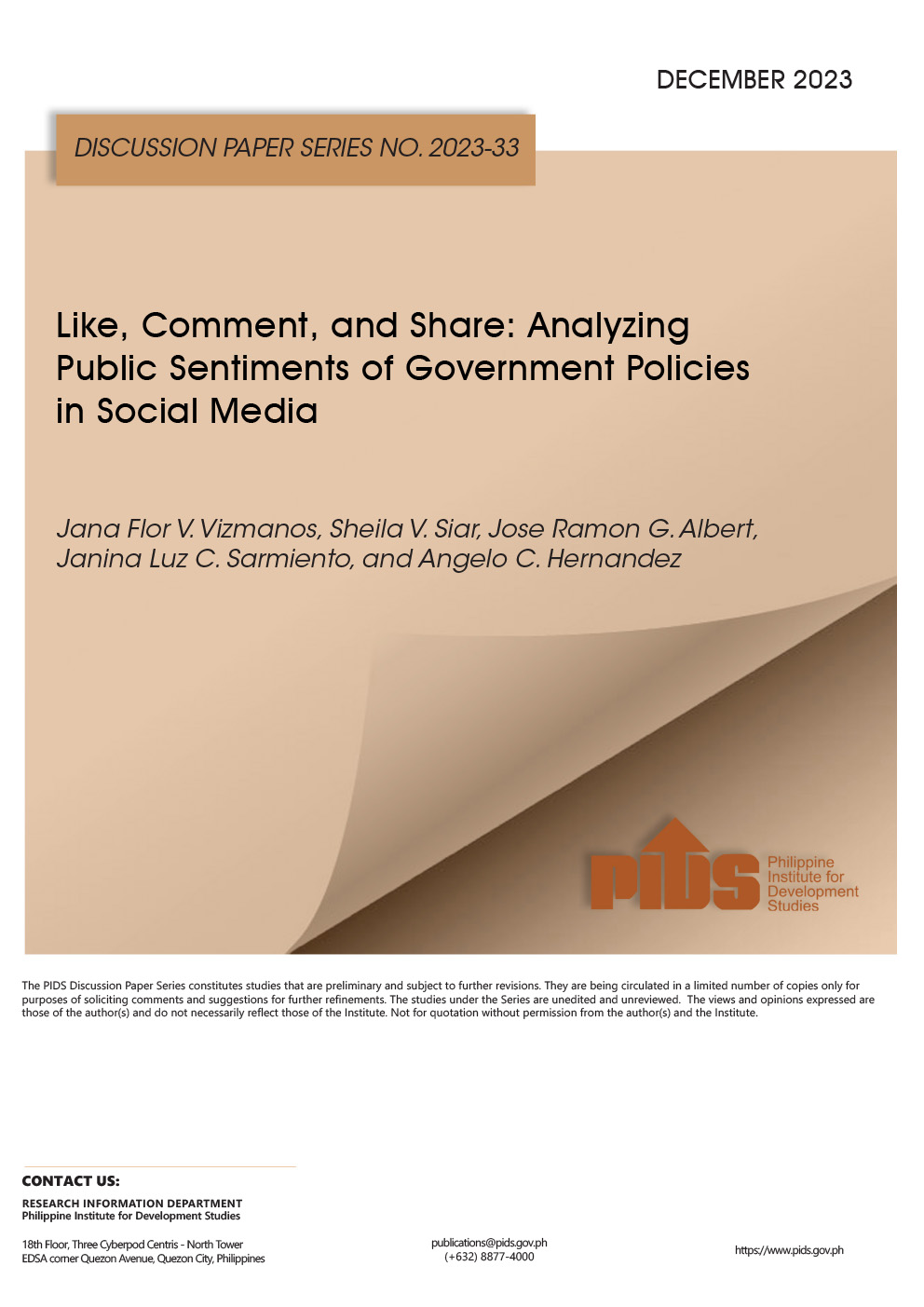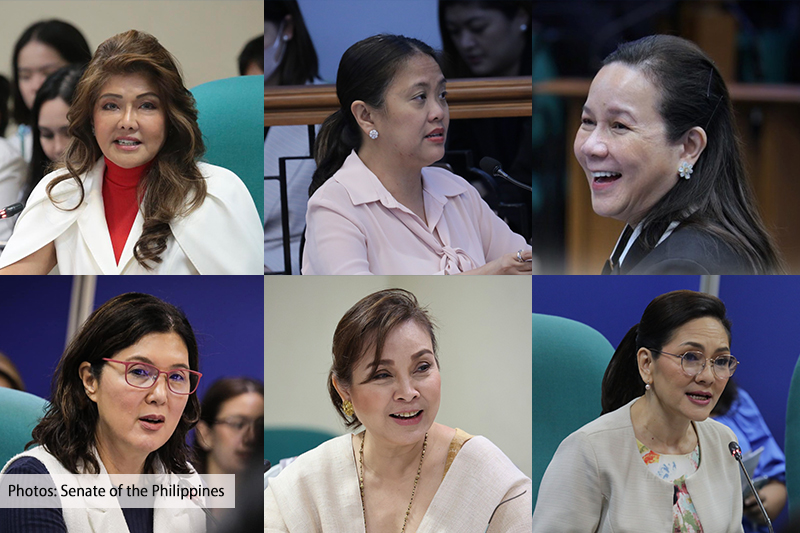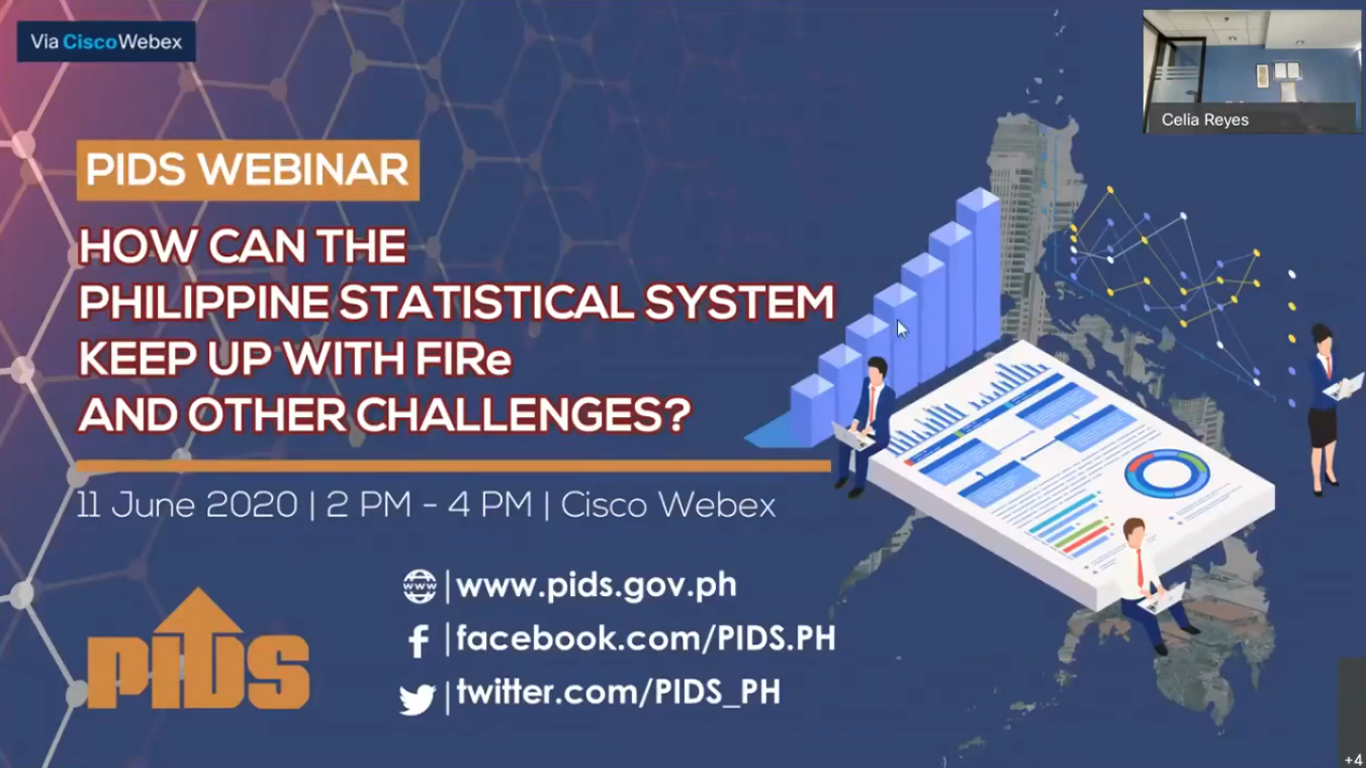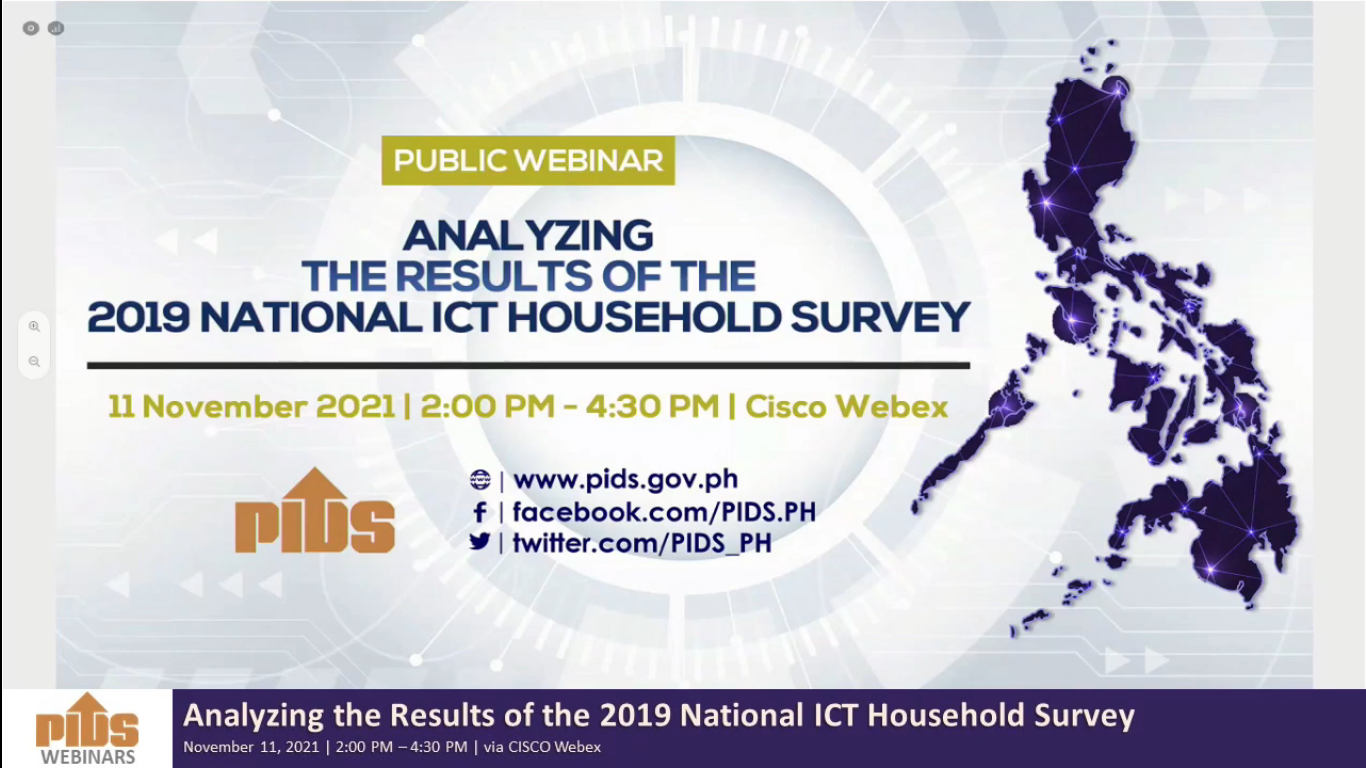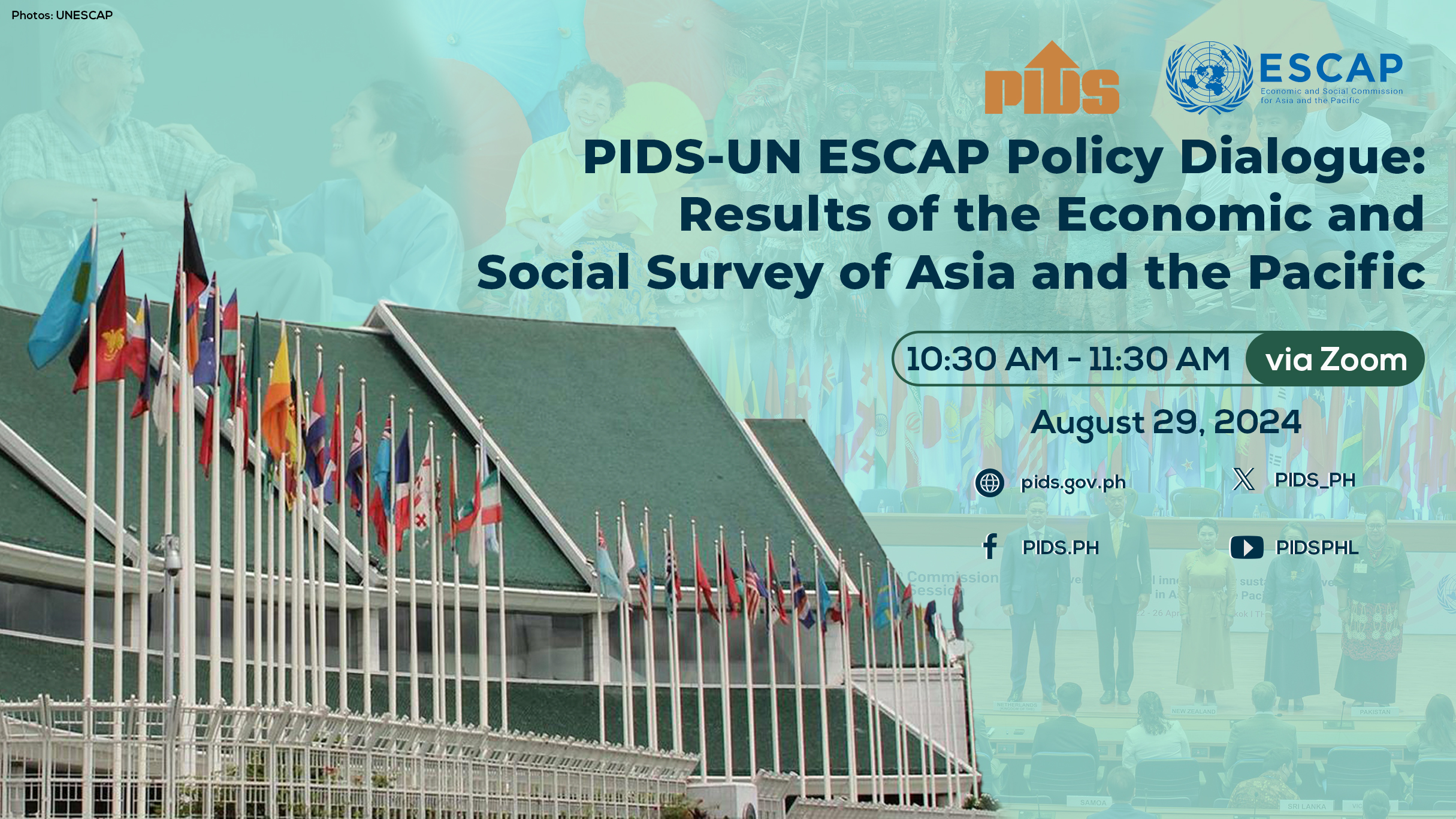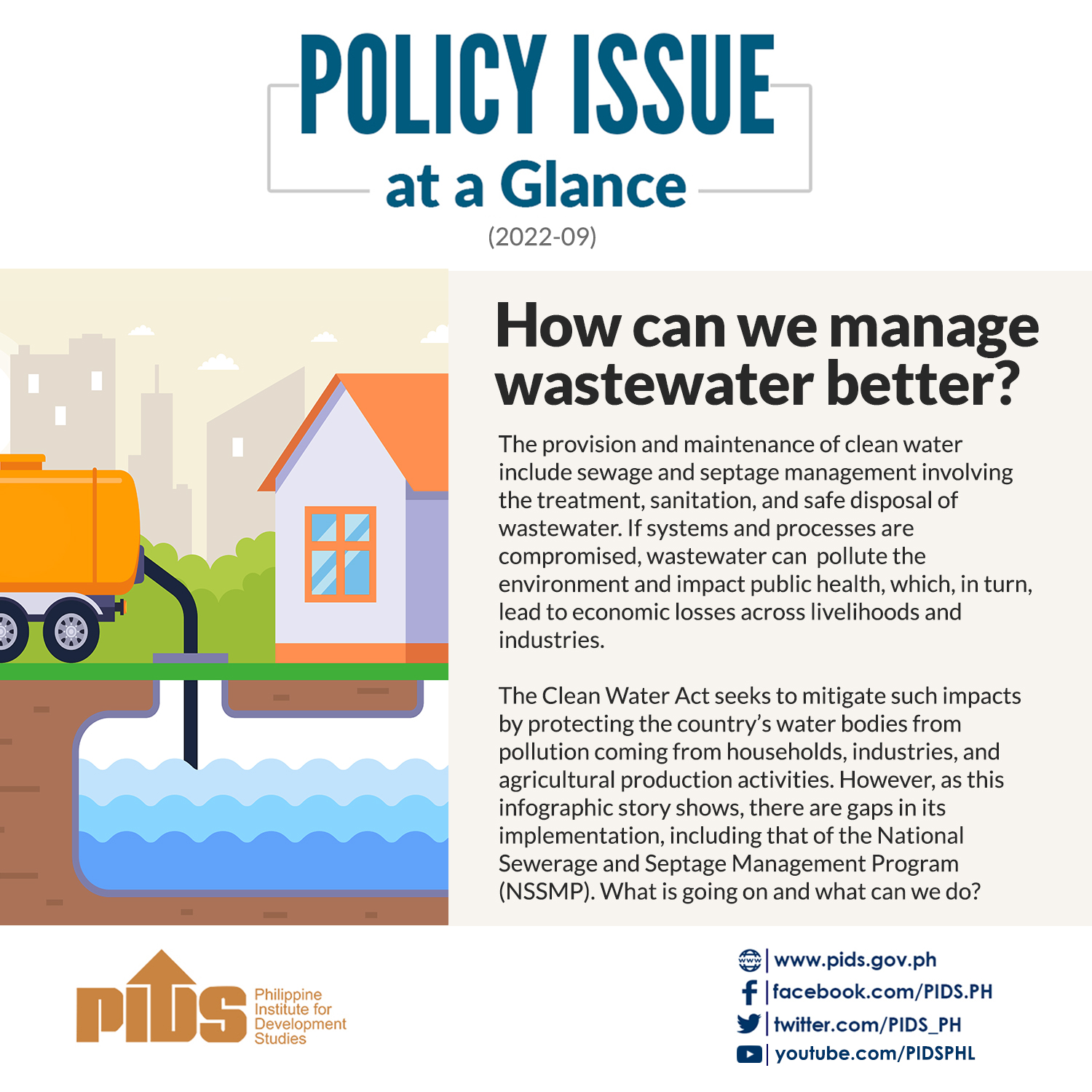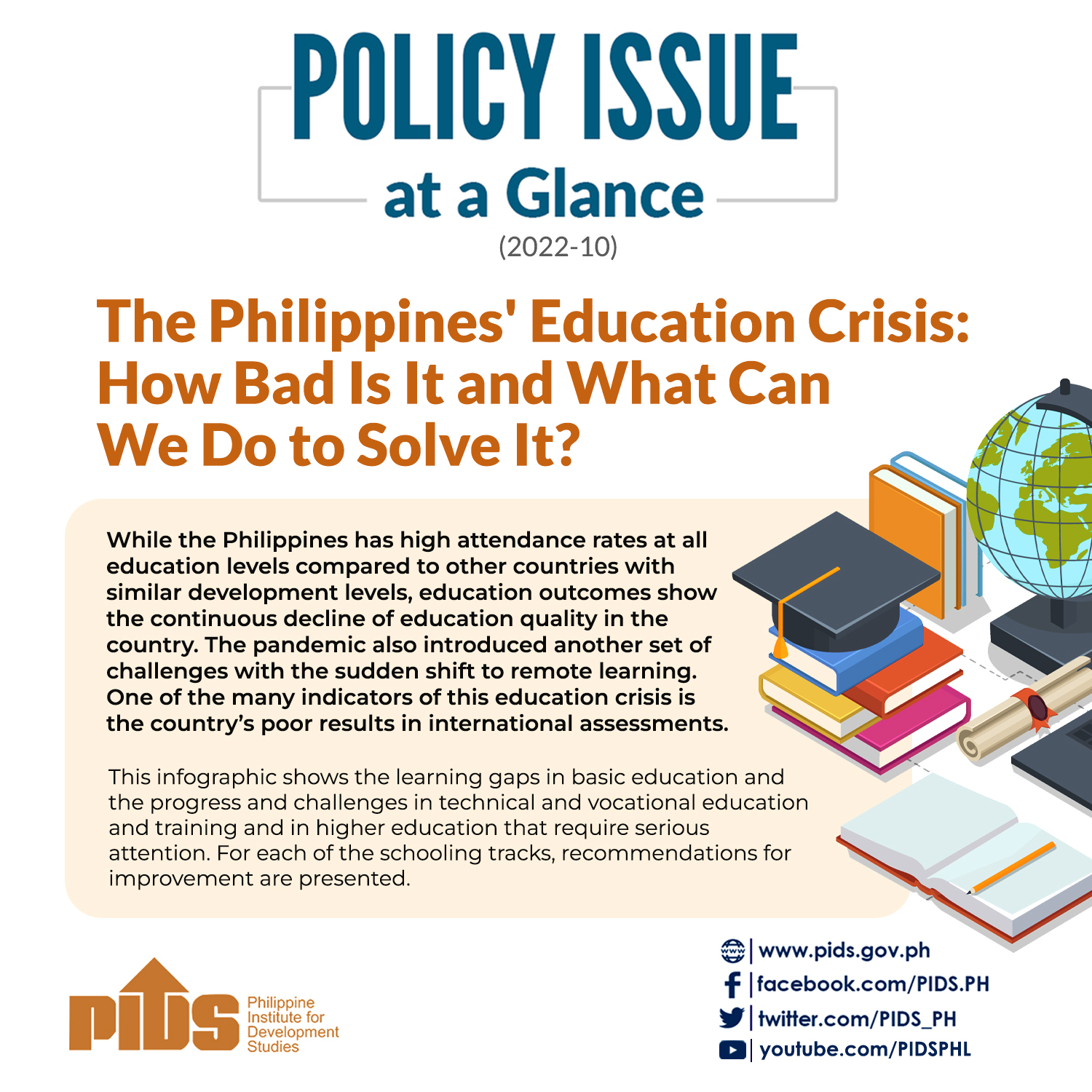MANILA, Philippines – The influence of pre-election surveys on voters is undeniable, but what matters is how people will use the results to further their cause before the May 13 polls, statistician Jose Ramon Albert said.
“[Results] are going to affect us somehow but the question is, to what extent will be the effect? Because it could be positive, negative, or it could be neutral,” he told Rappler editor-at-large Marites Vitug in an interview.
For ordinary voters, the results of these surveys can be considered “extra information” that can condition people during their discernment period prior to voting come election day.
According to Albert, this is similar to television advertisements that help people “make decisions on whether or not they should make the shift in their choices.”
But results can also be a guide for people to do something about the possible outcome, especially if they are not favorable to what they want.
“Whether you're dissatisfied or not that many people are going to vote for a particular candidate, the question is, what are you gonna do about it? So are you going to sit in your corner and accept the situation as is or are you going to get out and help other people and convince them not to vote for the candidates you don't like or vote for those you do like?” Albert said.
Polling firm’s track record important
Surveys, which come aplenty during the election period, are useful for teams to gauge a candidate’s chance to join the winning circle. In fact, campaigns are often built around survey numbers.
There are quite more than a handful of polling firms in the Philippines that release results in different periods on different topics, including the elections.
While these firms often differ in several factors, including their methodology and sampling size, what’s important for the public to know and judge is their track record.
Survey organizations should also be transparent in the way they collect data, according to Albert. And in some instances, especially in commissioned surveys, the person or institution who paid for it should be disclosed.
“If the organization wants to protect their integrity, then these commissioned surveys will still have the same value [with the regular surveys],” he said. – Rappler.com

